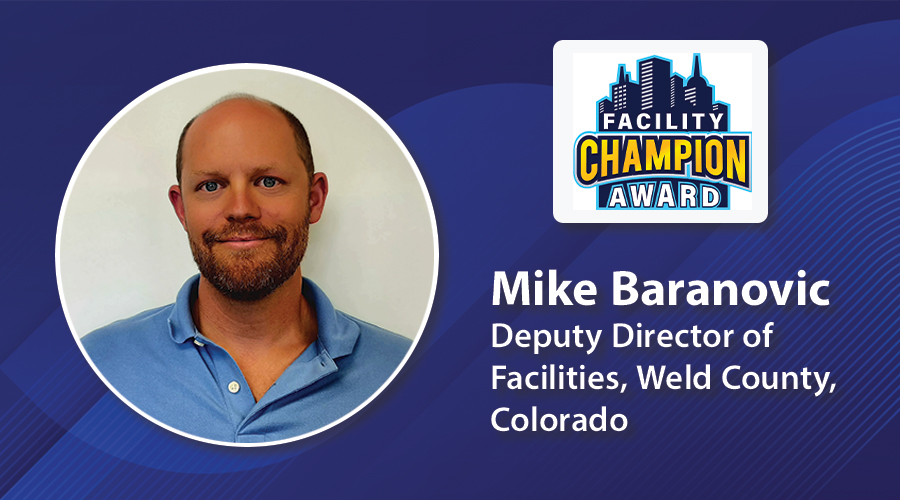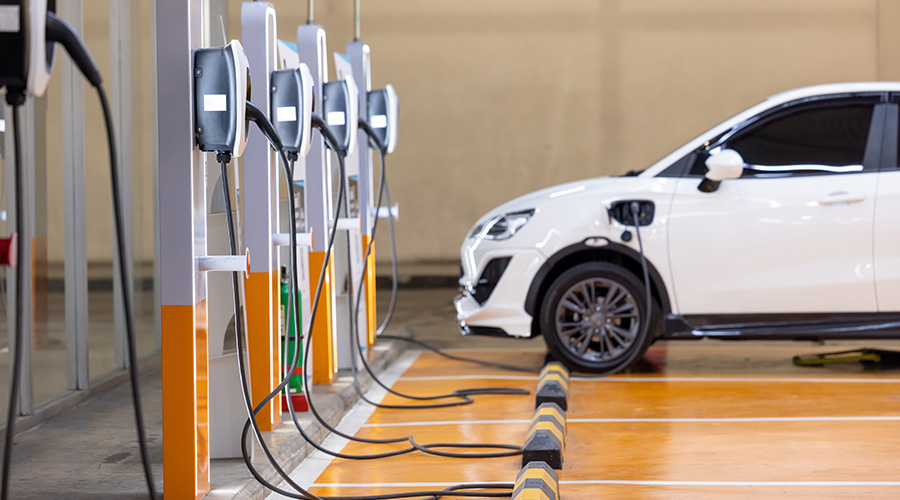Security and Energy
 When the newscaster broke into coverage of the blackout to report the capture of a terrorist implicated in attacks in Indonesia that killed hundreds of people, I wondered which event would ultimately prove more significant to U.S. security: the arrest or our national response to the blackout?
When the newscaster broke into coverage of the blackout to report the capture of a terrorist implicated in attacks in Indonesia that killed hundreds of people, I wondered which event would ultimately prove more significant to U.S. security: the arrest or our national response to the blackout?
Like so many other people, I worried, when I first heard of the outage, that terrorists were responsible. That uncertainty added urgency to questions about how to strengthen the electric transmission grid to prevent another blackout.
At this point, speculation about terrorist involvement has faded, and the need to prevent another power failure enjoys widespread political support. But will that support last?
The complexity of the grid, the multitude of problems with electrical generation and distribution, and the wide range of proposed solutions — these tangled issues could drain the political momentum needed to address even relatively straightforward concerns like increasing investment in the grid and enforcing national standards. And those concerns are only pieces of the larger puzzle of how energy affects security.
A comprehensive program to address energy from a security perspective would involve not only protecting the grid but also reducing dependence on foreign energy sources and minimizing the risk of unrest caused by climate change. An effort like that would certainly have more long-term significance than the capture of a single albeit important terrorist leader. But the chances of such a broad approach seem vanishingly small.
Related Topics:








 When the newscaster broke into coverage of the blackout to report the capture of a terrorist implicated in attacks in Indonesia that killed hundreds of people, I wondered which event would ultimately prove more significant to U.S. security: the arrest or our national response to the blackout?
When the newscaster broke into coverage of the blackout to report the capture of a terrorist implicated in attacks in Indonesia that killed hundreds of people, I wondered which event would ultimately prove more significant to U.S. security: the arrest or our national response to the blackout?



